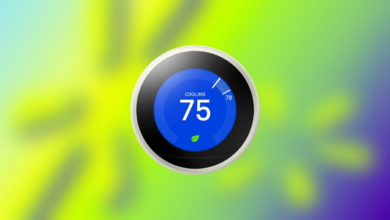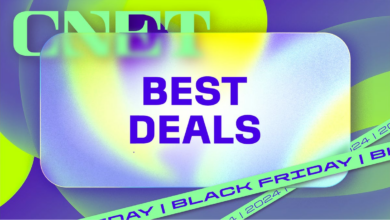Best Mental Health Apps of 2024
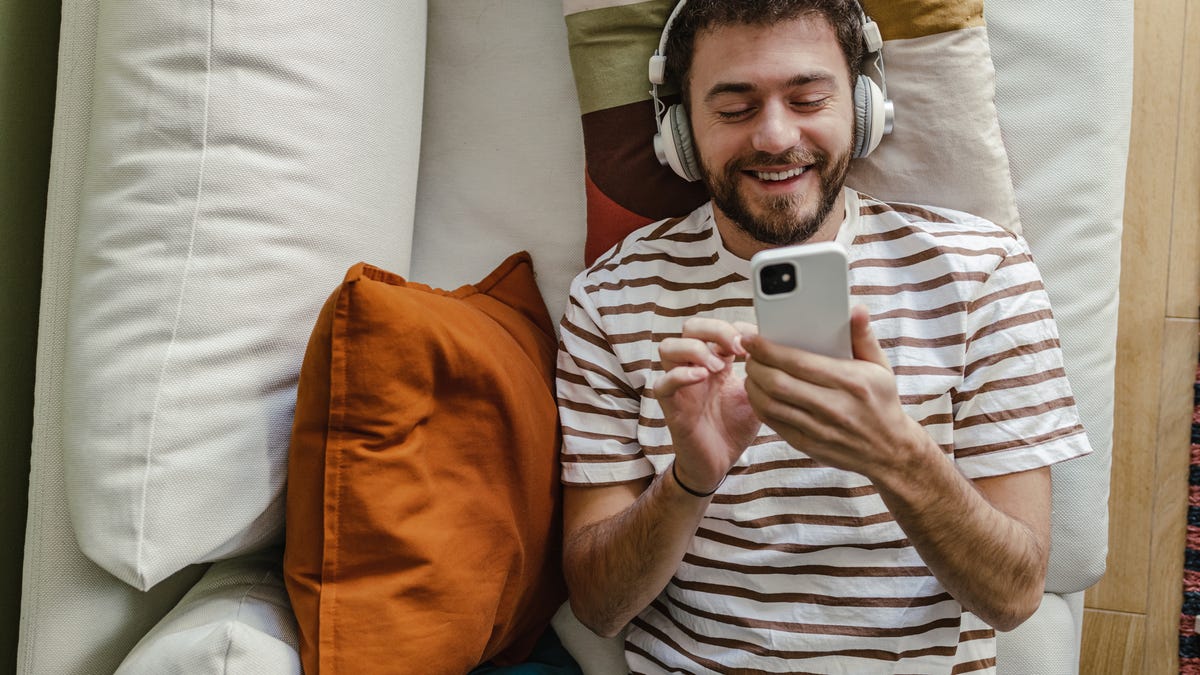


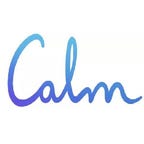
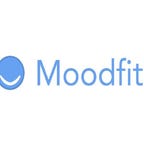
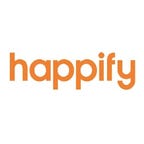
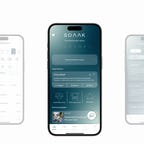
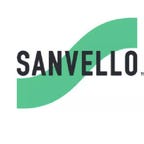
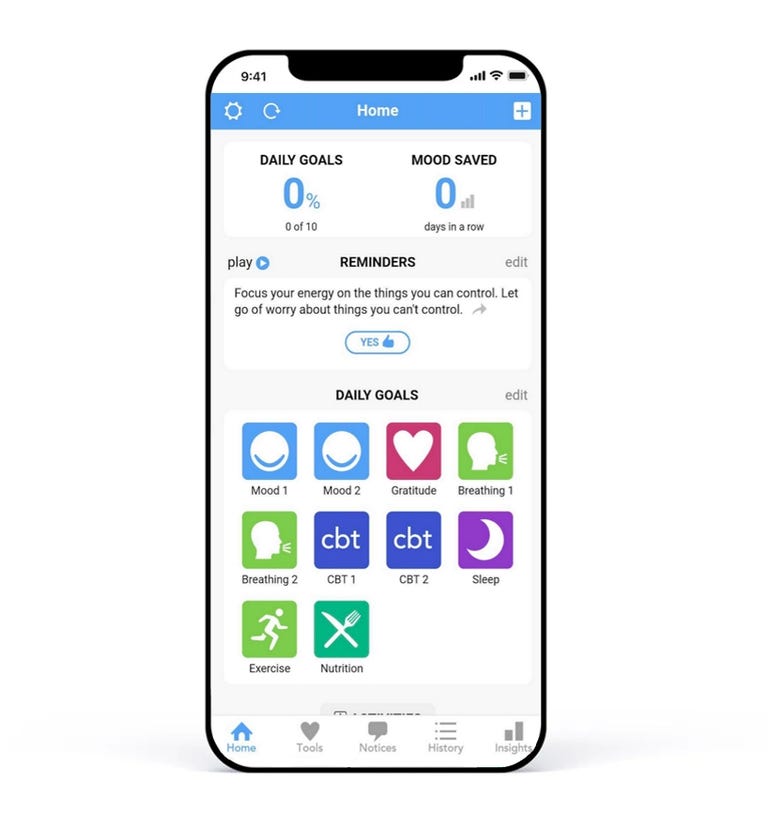
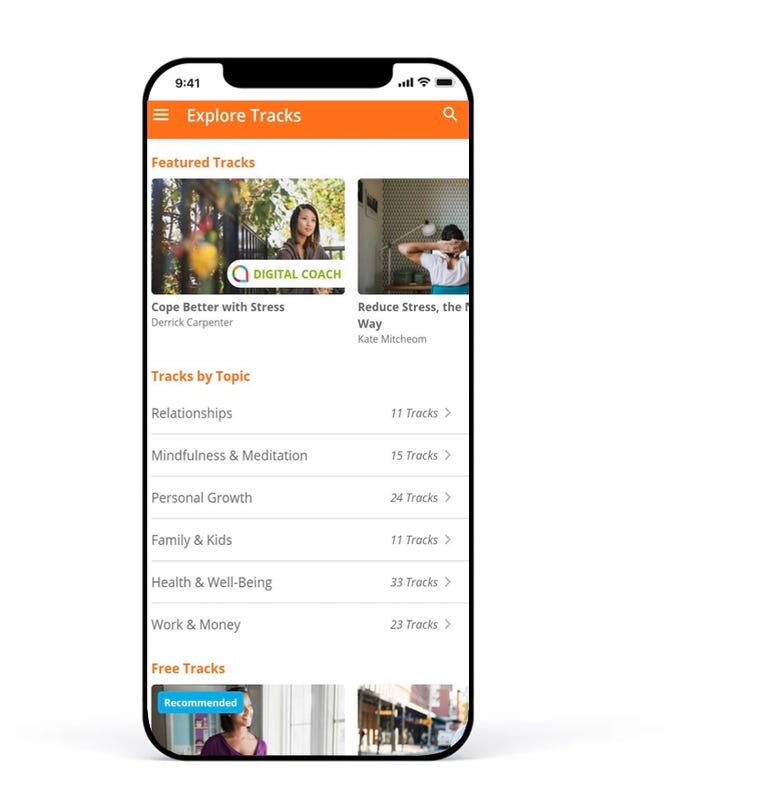
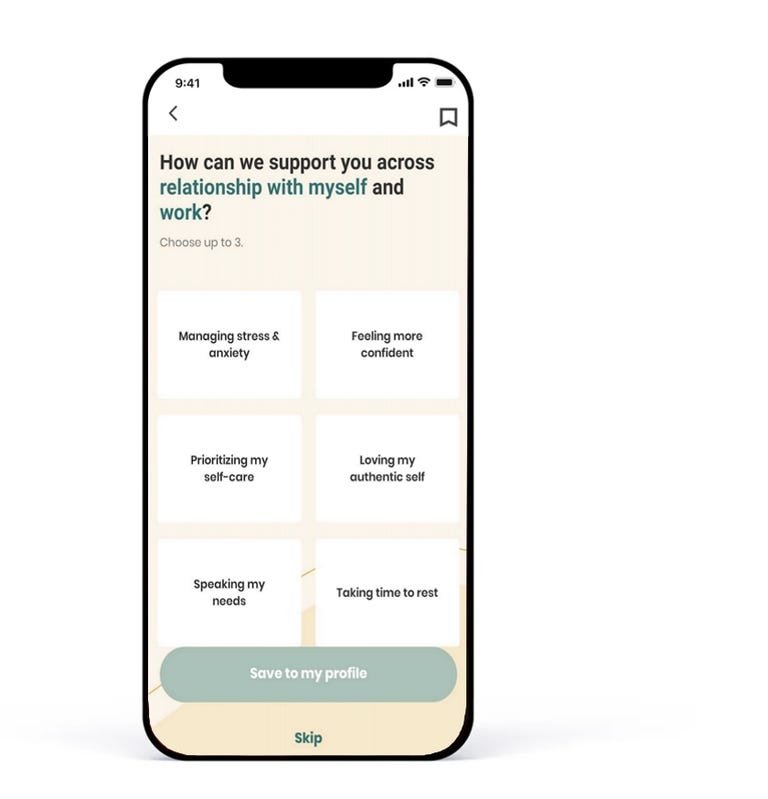
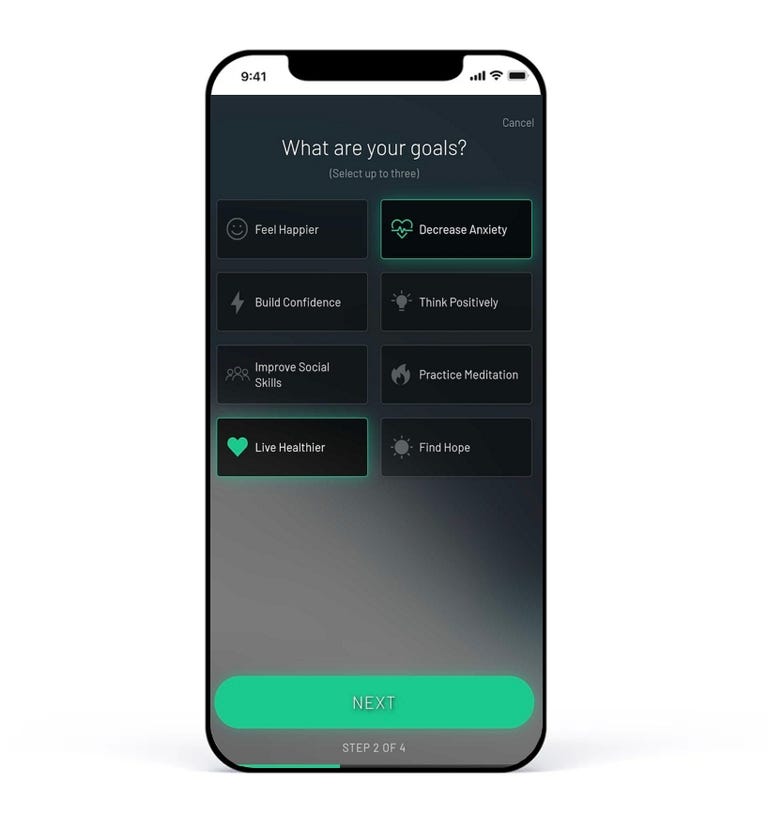
It’s always best to seek help from a mental health professional when you find yourself struggling to find your bearings. However, if you’re finding it difficult to find mental health support, there are supplemental apps that can be a big help in stress reduction, anxiety management, mood elevation and more. Research has shown that some of the best mental health apps out there can be a great way to improve your well-being and record your progress on your mental health journey.
There’s a lot to love about mental health apps: the variety, the affordability and the features. They also bring mental health resources to people who otherwise couldn’t get help due to finances, disabilities or location. While they’re not a one-size-fits-all, they can provide general mental health support. Just note that not all mental health apps are backed by research or clinical insights. With between 10,000 and 20,000 wellness apps out there, it can be difficult to find the best option. That’s why we did the research for you. Below, you’ll find my picks for the best mental health apps you can start using today to elevate your happiness.
Read more: Best Online Therapy Services
Talkspace takes our top spot for the best therapy mental health app because it provides 24/7 access to a mental health professional. It’s an affordable online therapy option that gives you more than just helpful guides and videos to watch. You have access to a licensed therapist wherever and whenever you need them. Talkspace is a great option for someone who is not comfortable going into an office or would rather have therapy appointments online.
A 2020 study found that messaging a therapist through Talkspace reduced feelings of anxiety and depression, helping improve mental health. A different study said that using Talkspace’s voice, video and text features also reduced symptoms of PTSD, or post traumatic stress disorder. Note that the researchers of the studies had connections to Talkspace.
Within this mental health app, you have access to video, text and audio chat to communicate with your therapist. However, users note there is a 5-minute cap on audio messages. Talkspace is significantly more expensive than other mental health apps on the list. However, if you’re looking for an app that allows you to talk to a therapist directly, it may be worth the price.
Calm is one of the most well-known mental health apps in the wellness space, with over 100 million downloads. We consider Calm one of the best meditation apps because of its comprehensive offerings, including breathing techniques and calming exercises.
The Calm app is pretty easy to navigate and organized well. When you open the app, you are prompted to take a few deep breaths. Then you select what your main goals are so that your recommendations are tailored to your needs. You also can track statistics within the app, such as how long you have been using the app or how many sessions you’ve completed.
While it’s a free app, it’s the limited version of its service. However, there is a 7-day trial that helps you decide if it’s right for you. After the trial, you have to pay the premium to access the 100 guided meditations, sleep library and masterclasses, which is $14.99/month or $69.99/year. If you are ready to commit to Calm, it’s good to go with the full-year option since it comes out to just under $6/month instead of the full $15. Or you can always stay with the limited free version.
The Moodfit app has a lot to offer, and you can choose how to use this best mental health app. You can track sleep, nutrition, exercise and more during your wellness journey. Moodfit uses tools and sessions that help you assess your feelings, recognize negative thinking and change it.
The Moodfit app has pretty standard navigation. The “notices” tab at the bottom is what I would consider the educational section. There is a lot of good information available, like how your thoughts influence your behavior and feelings, but you will have to take the time to actually read it. Other mental health apps have a more interactive experience with imagery, videos and readouts.
Where I think Moodfit really shines is its analytics. With the easy-to-interpret charts, you can spot patterns in your mood and your activities. You also can track your mood down to the hour — analytic views available are monthly, weekly, daily and hourly. Many apps do have analytics, but Moodfit puts a lot of intention behind helping you find patterns in your behavior and moods.

Moodfit’s home page features your progress and goals.
Happify is a free mental health app that focuses entirely on your mood and helps relieve anxiety. Developed by mental health professionals, Happify’s strategies are derived from cognitive behavioral therapy that helps you learn how to recognize and reorient negative thinking.
Happify had the most thorough questionnaire when signing up. I was asked about relationships, employment and medical conditions to help personalize the service. As the name suggests, Happify focuses on positivity and tries to make your journey fun with engaging games. With the relaxation and mindfulness techniques Happify offers, you can boost your mood and relieve anxiety.
The app has a different navigation setup than other apps. Instead of having the navigation bar at the bottom, there’s a three-bar dropdown you have to tap to bring up the menu at the top left, making it just a little more difficult to find things.

Various tracks are available from Happify.
MindShift is a free mental health app specifically designed to target anxiety. Categories within the app are broken down into general worry, social anxiety, perfectionism, panic and phobias. This allows the user to personalize which type of anxiety they want to work through.
As the name suggests, MindShift targets your mindset, meaning that it helps you identify what is making you anxious and helps you redirect your thinking to positivity. When you open the app, you’re prompted to rate your daily anxiety score to track over time. The app is pretty easy to use and easier to navigate than other options simply because there is less available. One tool that stood out was the “thought journal” that helps you work through what you’re worried about and how to overcome negative thoughts. “Coping cards” are also available to help you ease anxiety in the moment.
MindShift is much more interactive than other apps, as it relies on you to add anxiety scores and type responses to get the best experience. Other apps are mainly reading-based. If you want the best out of MindShift, you need to interact with the app.
If you’re looking for an app you can use daily to boost your wellness passively, you’ll like Soaak. Soaak is a clinically proven sound therapy app that offers frequency compositions for things like stress relief, mental clarity, better sleep, focus and mood boost. Sound therapy may seem hard to believe, but there is research behind sound stimulation. For example, a 2020 review found that sound therapy can disrupt agitated brain waves and move them into calmer waves.
The Soaak app is easy to use, and I enjoyed how I could turn it on while doing other things. My favorite compositions to use were Energy, Sleep Well and Focus. You can listen to the sound frequencies in three forms: original, nature or music. If you’re new to sound frequency, I recommend first trying the nature or music versions. For example, the energy/high vibration frequency has rain sounds over the sound compositions.
You can use the Soaak app by playing the sound frequencies or dive deeper into what the app offers with 21-day programs or custom wellness plans. However, the personalized wellness services are significantly more expensive, starting at $750.
Editor’s Note: Shine app was acquired by Headspace in 2022 and the service is no longer available as an application.
The unique experiences of people of color are often excluded from traditional mental health resources. The wellness app industry is traditionally not inclusive and mainly focuses on experiences that white people encounter. Only one in three Black Americans get the mental health care they need. That’s why Shine is the pick for the best mental health app for people of color.
It’s specially designed to target the needs and struggles of people of color, making mental health resources more accessible and inclusive. Shine offers meditations, self-care courses led by experts and monthly virtual workshops. You are also prompted to add a wellness check-in each day and are greeted with motivational messages.

Selection of choices for Shine app.
Editor’s Note: Sanvello was acquired by AbleTo and this app has been absorbed into AbleTo’s services.
Sanvello is the best mental health app for stress relief thanks to its full meditation library, guided journeys, health tracking and cognitive behavioral therapy tools. I was pleasantly surprised when using Sanvello. For me, it was a lesser-known option on the list, and it did not disappoint. You can choose what goals you want to target — reduce anxiety, feel happier, build confidence, etc. — and you can select as many goals as you want.
One of my favorite parts of the Sanvello app was how connected it felt when using it. Like other mental health apps, there is an education section. What’s different is how it is presented. Sanvello uses text, videos and audio for a multimedia experience that is much easier to follow and digest. This comes down to preference, as some people prefer to read at their cadence.
The basic version of Sanvello is free. However, there are additional features that the app offers — like coaching and guided journeys — that are not available on the free version. There is a premium option of $8.99/month and a premium plus coaching option for $50/month which offers a coach with live connection capabilities.

The Sanvello app allows you to select which goals you want to target.
| App | Superlative | Standout features | Price |
|---|---|---|---|
| Talkspace | Best online therapy app | Access to a licensed therapist online. Video, text and audio chat availability. | Plans start at $65/week |
| Calm | Best meditation mental health app | Guided meditations, sleep library, masterclasses, tailored recommendations, can track statistics. | $14.99/month or $69.99/year |
| Moodfit | Best app to combat negative thinking | Can track sleep, nutrition and exercise. Analytics for tracking patterns and mood. | $39.99/year |
| Happify | Best mental health app to boost your mood | Cognitive behavioral therapy strategies, engaging games, relaxation and mindfulness techniques. | $14.99/month or $139.99/year. You also can purchase “lifetime access” for $449.99. |
| MindShift | Best mental health app for anxiety | Can tailor it to the type of anxiety you have, thought journal, coping cards, anxiety scores. | Free |
| Soaak | Best sound frequency therapy app | Clinically proven sound therapy app, three sound frequency forms (original, nature and music), 21-day programs. | $29.99/month or $359.88/year |
| Shine | Best mental health app for people of color | Targets the needs and struggles of people of color, meditations, self-care courses led by experts, monthly virtual workshops, daily wellness check-ins, motivational messages. | Service no longer available |
| Sanvello | Best mental health app for stress relief | Meditation library, guided journeys, health tracking, cognitive behavioral therapy tools. Premium offers coaching with live connection capabilities. | Service no longer available |
The apps included on the best mental health app list have the best features supported by research. When selecting our picks, we examined each app’s user experience, features and pricing. We also read through user reviews to tease out pain points and what people value in mental health apps.
- Features: There are many mental health apps out there, all of which have specific offerings that may or may not fit your needs. When comparing the best mental health apps, pay close attention to what they offer and consider whether that meets your goal. For example, many apps specialize in relaxation, reducing anxiety and depression, establishing coping skills, and addiction.
- App credentials: Not all apps are backed by clinical research or insights, nor do they all have licensed therapists available through them. Depending on your goal, this could be an essential determinant of your decision.
- Price: There are mental health apps for every budget. Robust apps with therapists, like Talkspace, cost around $69/week. However, self-guided apps tend to be more affordable, though they offer less. Determining your budget will help you narrow your options and find the best app for your needs.
- User reviews: The best way to get a feel for a mental health app before you sign up is to read user reviews. They’ll help you gauge people’s satisfaction with the app, give insights into any pain points to watch for and point out favorite features to check out.
If you or someone you know requires immediate medical attention in the United States, call 911. If you or someone you know is in suicidal crisis or emotional distress in the US, call or text the Suicide & Crisis Lifeline at 988. The 988 Lifeline Chat is also available.
To use the Crisis Text Line, text HOME to 741741.
For LGBTQ+ youth in need of crisis support, you can contact The Trevor Project’s crisis counselors from anywhere in the US via text, chat or phone using the resources here.
For those facing mental and/or substance use disorders, you can contact the Substance Abuse and Mental Health Services Administration (SAMHSA) at 1-800-662-HELP (4357) for referrals to local treatment facilities, support groups and community-based organizations.
Who doesn’t want therapy from the comfort of home? Mental health apps are tools you can use to improve your well-being. While not all offer online therapy, they’re simple to use and make managing your mental health easy. Each app will vary in what it targets. For example, Calm specializes in relaxation and breathing. Moodfit focuses on tracking your mood and finding patterns.
Mental health apps are not intended to diagnose conditions or be a replacement for therapy. Instead, they are a great tool to use for continued support daily. They offer encouragement, education and helpful activities you can use to improve several areas of your mental health.
Read more: Tips to Find the Right Therapist For You
Experts are split on the effectiveness of mental health apps. Some studies have not found “convincing evidence” that apps greatly improve outcomes related to disorders like anxiety, depression or drinking. However, other research has suggested that mental health apps have potential in managing and improving symptoms of select disorders.
The research on the effectiveness of long-term treatment with apps is young. Most experts agree that they are a great tool to support your mental health, especially when you use them in addition to other treatment options. They are not intended to diagnose conditions and should be viewed primarily as a complement to traditional treatment options.
Mental health apps bring resources to those who otherwise may not have had access to them, whether because of financial standing or regional location. And while they are not a true replacement for therapy, mental health apps are a great way to self-regulate and be mindful of how you’re feeling.
- Convenience: You can track your mood, talk to a counselor or read about mental health topics from anywhere.
- Price: Mental health apps are significantly more affordable than traditional therapy. Many are available for under $20/month.
- Consistency: You want to be as consistent as possible during your wellness journey. With push notifications and props to check in, mental health apps ensure that you are being mindful of patterns in your behaviors or moods and how to meet your goals.
- 24/7 access: With a mental health app, you can access resources whenever you need them. While some of the counselors may not reply immediately, you have access to the app’s other features 24/7.
- They can help: Wellness apps can help you achieve your goals, whatever they are. For example, they can help you recognize patterns in your mood or improve your coping skills.
Mental health apps are great tools that supplement your experience. However, it’s unlikely they would ever replace traditional therapy, even the options that offer virtual therapy. Mental health apps have limitations in crises, and there are questions about effectiveness when used alone. Mental health apps aren’t the best option for everyone. While the apps are typically user-friendly, some people still prefer to meet in person and have their therapists’ undivided attention. It’s all a matter of preference.
Read more: What Is Cognitive Behavioral Therapy?
With mental health apps, you can’t assume that everything is protected under the Health Insurance Portability and Accountability Act. Mental health apps fall in a gray area. HIPAA only protects information collected by “covered entities,” including healthcare providers and insurance companies. Many of the best mental health apps on the market operate without connection to covered entities, meaning your information isn’t completely private.
HIPAA applies to conversations with your therapist on an app. So you don’t need to worry about what you disclose in those sessions. However, the apps’ additional features — guided meditations, CBT exercises and mood logs — are not always kept confidential. Neither is the fact that you use a mental health app. The data you give the apps outside of therapy sessions can be sold for targeted advertising. And it’s not just Facebook; your information can be shared with public health and academics for research.
Privacy will vary by platform. Make sure you read the privacy policy of each app to fully understand your protection.
For many people, apps are an important tool to guide their wellness journey. While they are not a replacement for therapy, mental health apps are a great way to check in on yourself. My advice is that mental health apps are what you put into them. Many of the free ones offer helpful, educational content. But you need to take the time to read it. Others allow you to work through stressors with open-ended answer boxes. But you have to interact with the app to truly benefit from it.
A wellness app won’t give the client’s relationship with a counselor that traditional talk therapy offers. And for some, that’s not something they are willing to give up. But if therapy is currently out of your reach, especially due to cost, then mental health apps may be a good option. You won’t get the highly personalized experience you could get with another person, but you can still learn healthy habits and skills.
The information contained in this article is for educational and informational purposes only and is not intended as health or medical advice. Always consult a physician or other qualified health provider regarding any questions you may have about a medical condition or health objectives.
Medical and Mental Health








